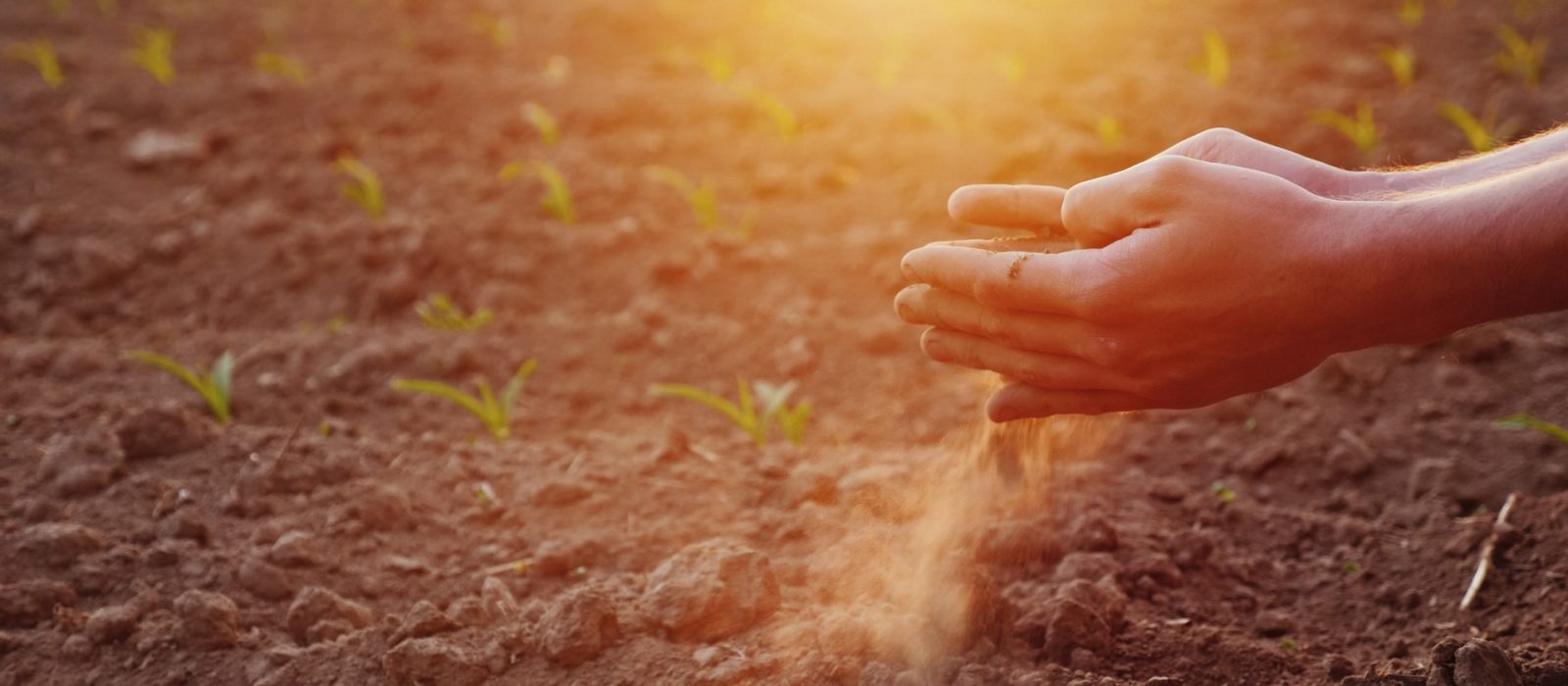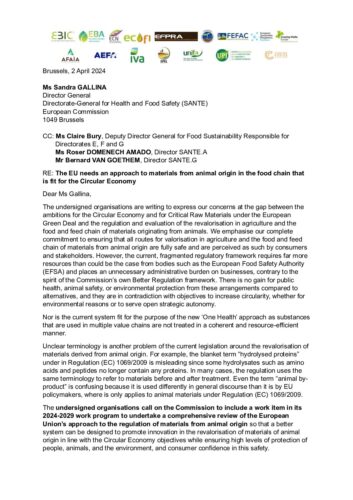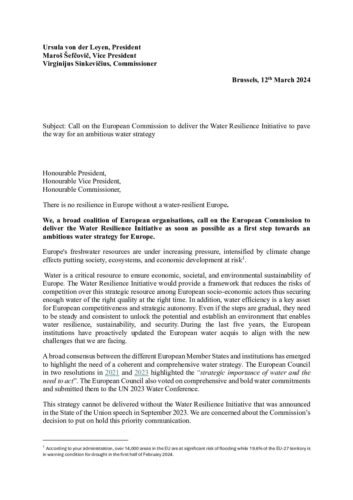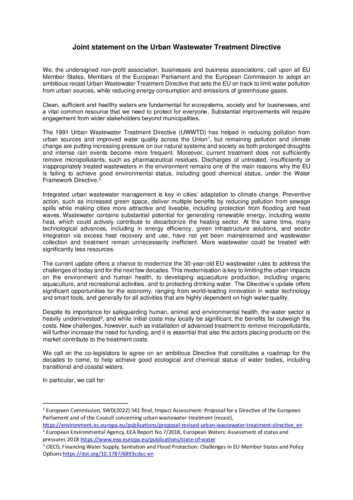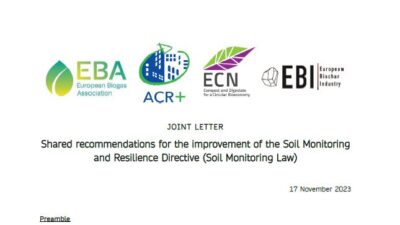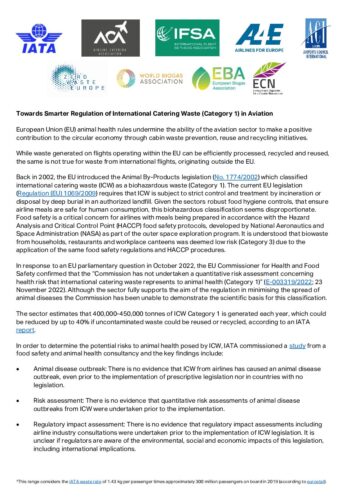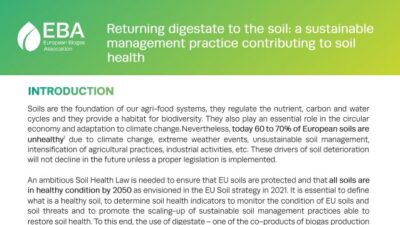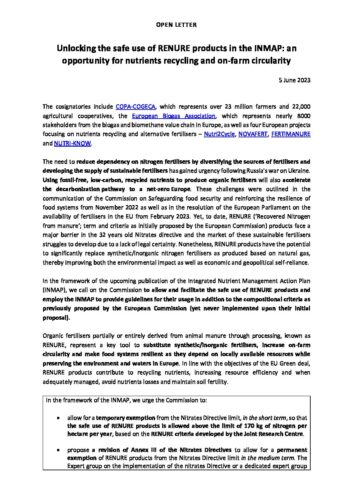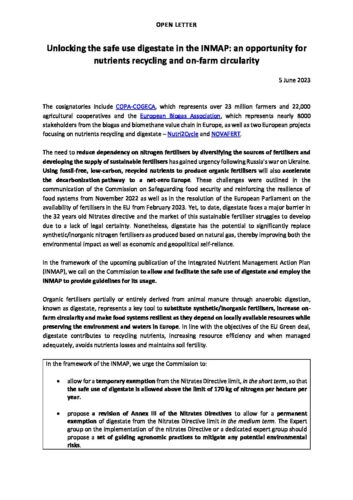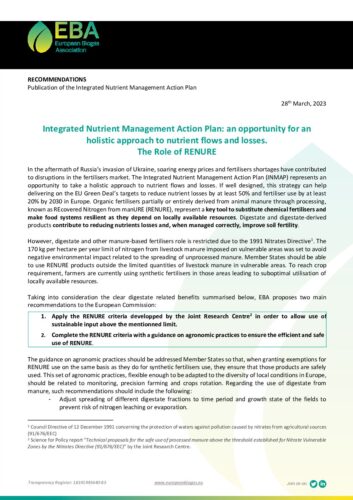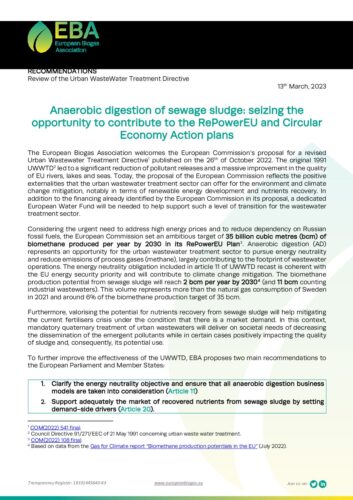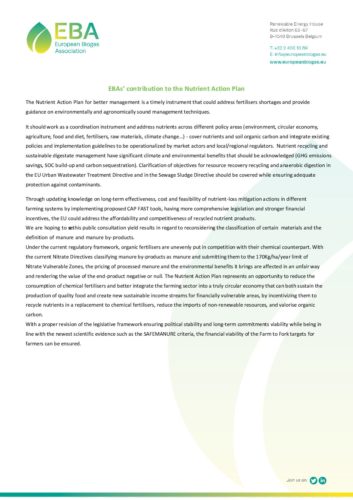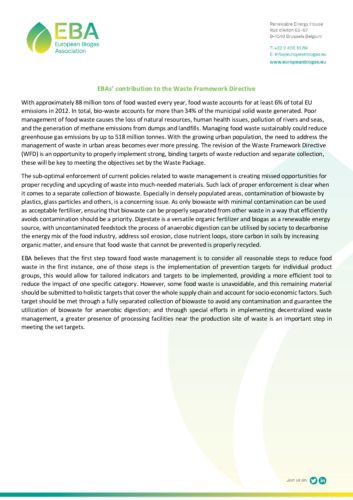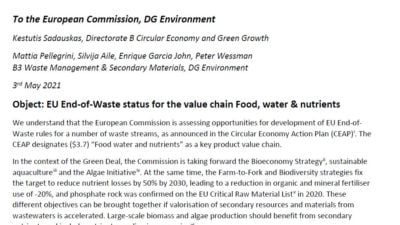Closing loops
Anaerobic digestion is an essential step of sustainable waste management and an efficient recycling method. This naturally occurring biological process can treat most organic effluents including: sewage sludge; bio-waste (preferably separately collected); catering waste; organic leftovers from the food and beverage industry; agricultural by-products from farms like manure and straw. Adding an anaerobic digestion step to organic waste management brings the following benefits:
- Avoid greenhouse gas emissions (GHG) from decomposing organic matter – Several municipalities across the EU already separately collect and digest organic municipal waste in biogas plants, what results in threefold GHG emission savings: avoided emissions from landfills; production of renewable energy which replaces fossil fuels; production of organic fertilisers which replace energy intensive mineral fertilisers.
- Produce renewable energy in the form of biogas and biomethane
- Recycle organic material in the form of organic fertiliser. Similarly to composting, after anaerobic digestion all key nutrients and micro-nutrients can be directly used on soil as a fertiliser, thereby substituting fossil fuel based mineral fertilisers. Compared to spreading raw organic waste (e.g. manure or straw) on soil, it is preferable to digest the material first to prevent carbon leakage into the ground water and to inhibit the potential spread of pathogens as well as invasive seeds (EBA Digestate Factsheet, 2015).
- Reap social and economic benefits from producing fertilisers and energy from waste – Farmers, municipalities and the food industry are able to turn their waste into additional revenue by producing renewable energy and fertilisers from their waste. The anaerobic digestion sector accounts for over 70,000 jobs across the EU, many in disadvantaged rural areas. Under the right regulatory conditions there is potential for much more growth.
EBA policy recommendations on circular economy and waste legislation
- The European Commission must ensure quick and efficient implementation of the Waste Framework Directive to force separate collection of organic waste streams and its treatment according to the waste hierarchy. AD makes the best use of organic materials by producing renewable energy and organic fertilizer while closing the nutrients cycle and reducing greenhouse gas emissions.

